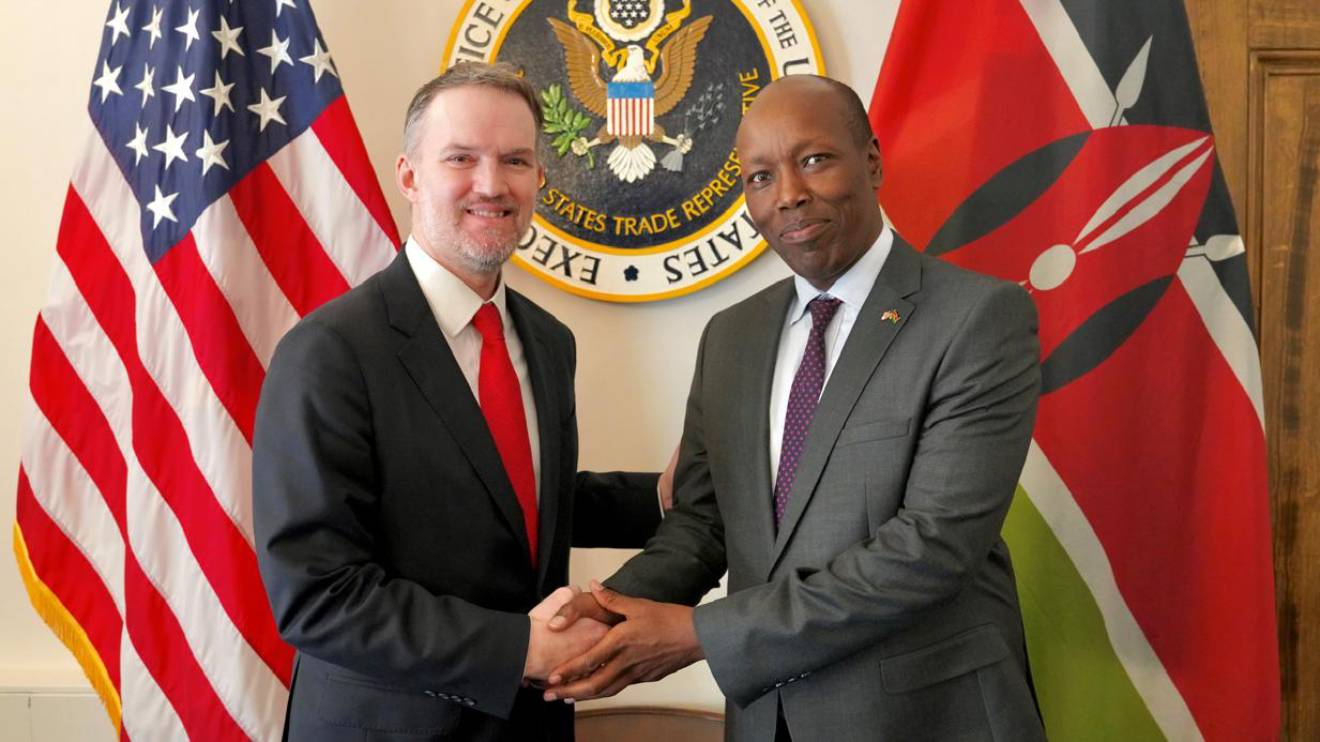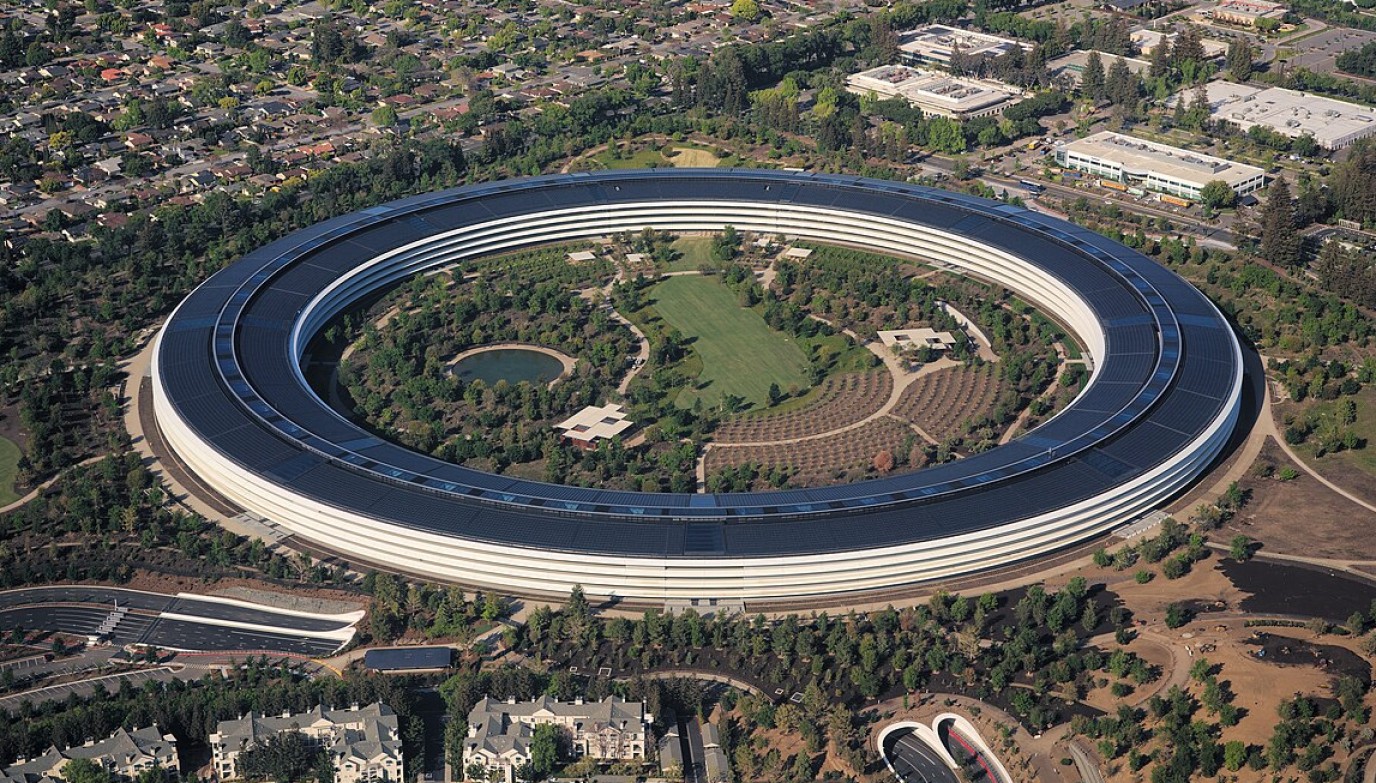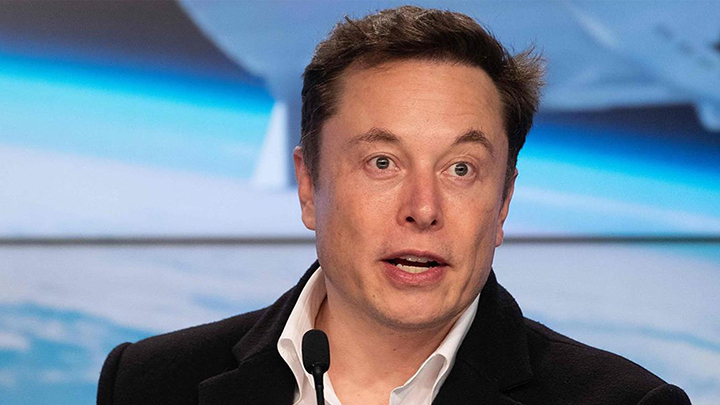The government of Kenya has responded to the United States' decision to impose a 10 per cent tariff on Kenyan exports, acknowledging the challenges it presents while also identifying opportunities for growth in key industries.
In a statement, Cabinet Secretary for Investments, Trade and Industry Lee Kinyanjui said that while the new tariff increases costs for Kenyan exporters, it remains significantly lower than those imposed on key textile-exporting countries such as Vietnam (46 per cent), Sri Lanka (44 per cent), Bangladesh (37 per cent), China (34 per cent), Pakistan (29 per cent), and India (26 per cent).
He noted that this provides Kenya with a competitive advantage in the global textile market.
“With other textile-exporting countries facing much higher tariffs, Kenya could position itself as an alternative sourcing hub for U.S. buyers. This presents an opportunity for investment in local textile production and value addition, that could attract businesses seeking to avoid higher costs from traditional suppliers,” Kinyanjui stated.
With the tariffs making imports from these countries more expensive, Kenya has an opportunity to expand its manufacturing base and diversify its exports.
Read More
Kinyanjui highlighted that Kenya could explore new areas of production that would benefit from increased demand as businesses seek alternatives to higher-taxed nations.
“There is a great opportunity to diversify exports beyond our current exports. Kenya can explore opportunities to process and manufacture goods that are now more expensive from countries with higher tariffs. Industries such as apparel, leather, and agro-processing could benefit from increased demand,” he said.
According to Kinyanjua, the Ministry of Foreign Affairs is working alongside MITI to enhance Kenya’s exports and encourage investment in sectors that could gain from the tariff changes.
However, Kinyanjui acknowledged that the new tariff still poses significant challenges, as businesses will need to make adjustments, including expanding production capacity and investing in infrastructure, technology, and skills development.
Despite the hurdles, he reaffirmed the government’s commitment to ensuring Kenya remains competitive in the evolving trade landscape.
“The Ministry is committed to managing this transition with Kenya's best interests at heart. We will continue engaging stakeholders, strengthening partnerships, and implementing policies to support sustainable trade growth and economic resilience,” he said.
The U.S. tariffs are part of President Donald Trump’s broader ‘Liberation Day’ trade policies, which have imposed sweeping tariff increases on 185 countries.
While the tariffs introduce new financial strains, they also force businesses to adapt and innovate.
The extent to which Kenya benefits from this shift will depend on how quickly industries respond and how effectively government policies support expansion.
If the country capitalises on its lower tariff rate, it could strengthen its position in global trade and attract new investors.
However, failure to act swiftly could see other nations with similar advantages outpace Kenya in the race for market share.








